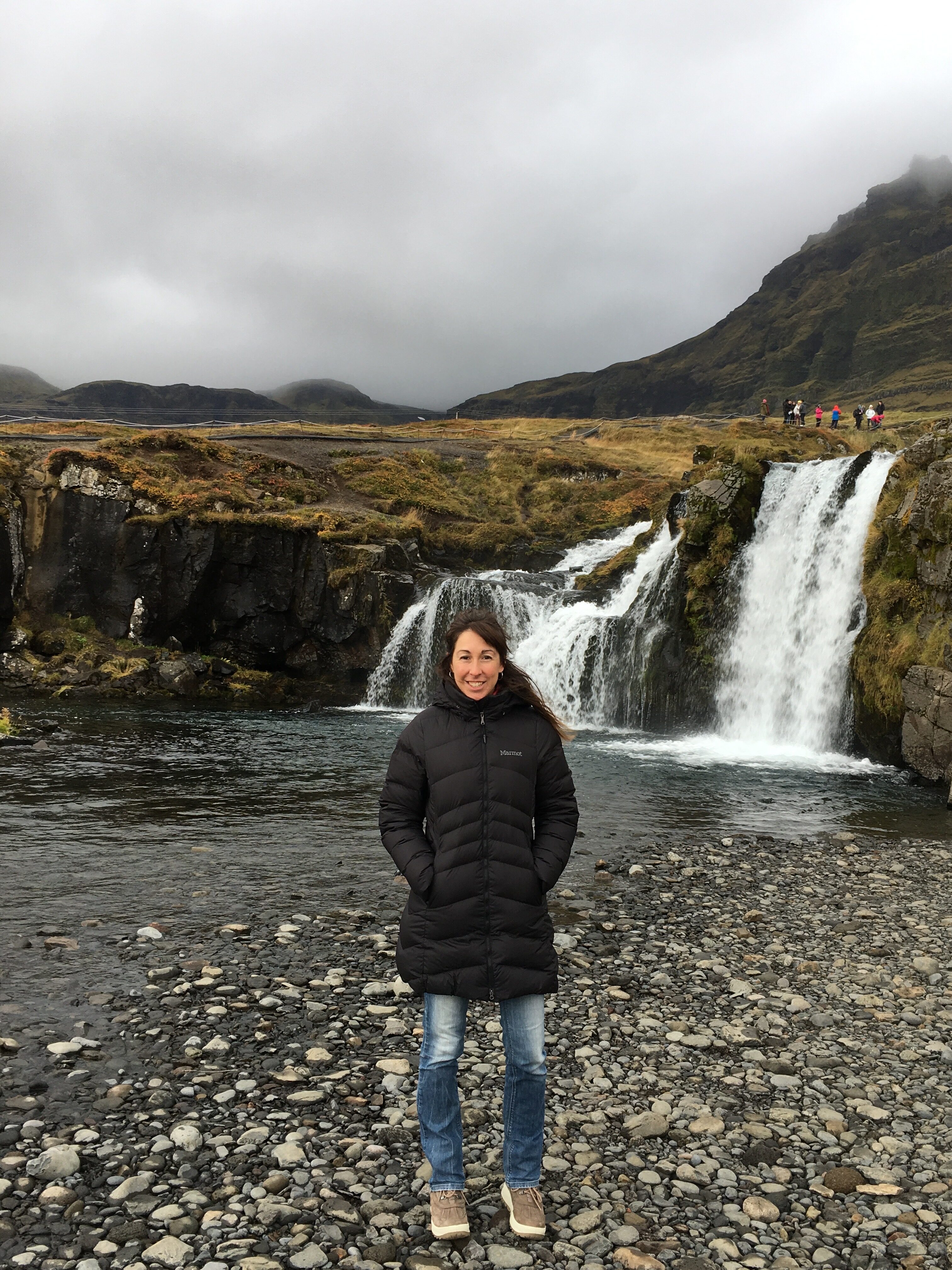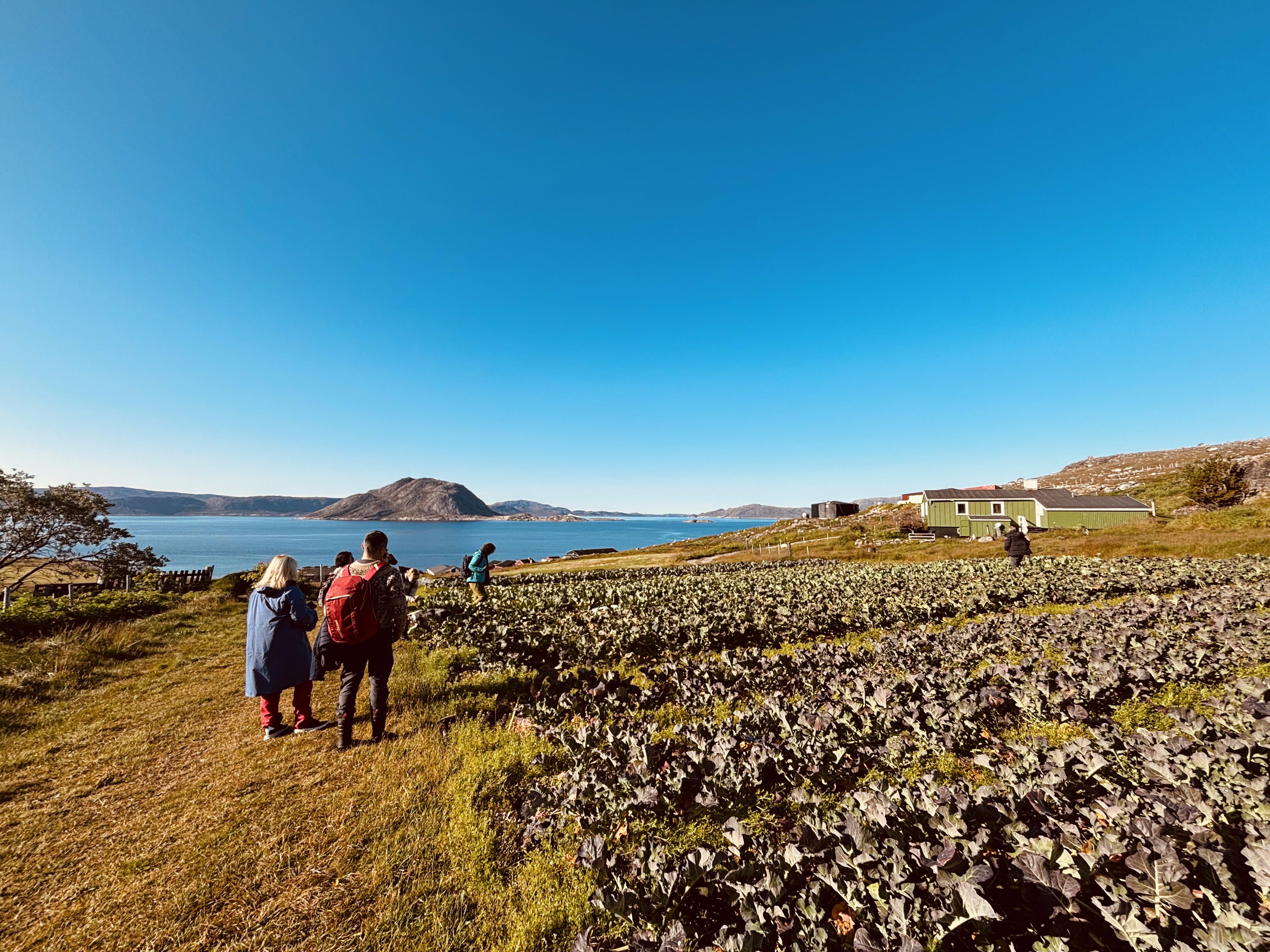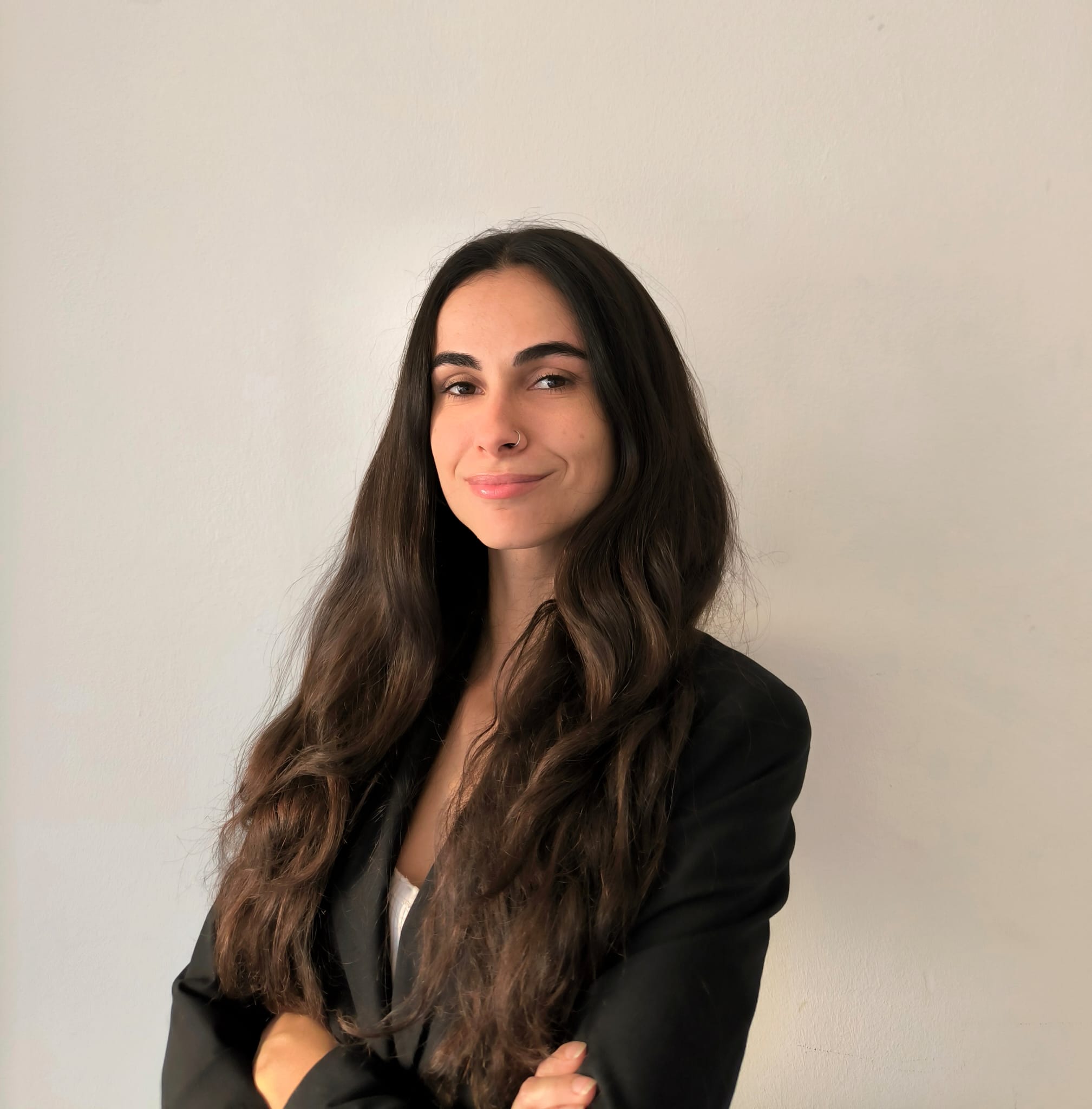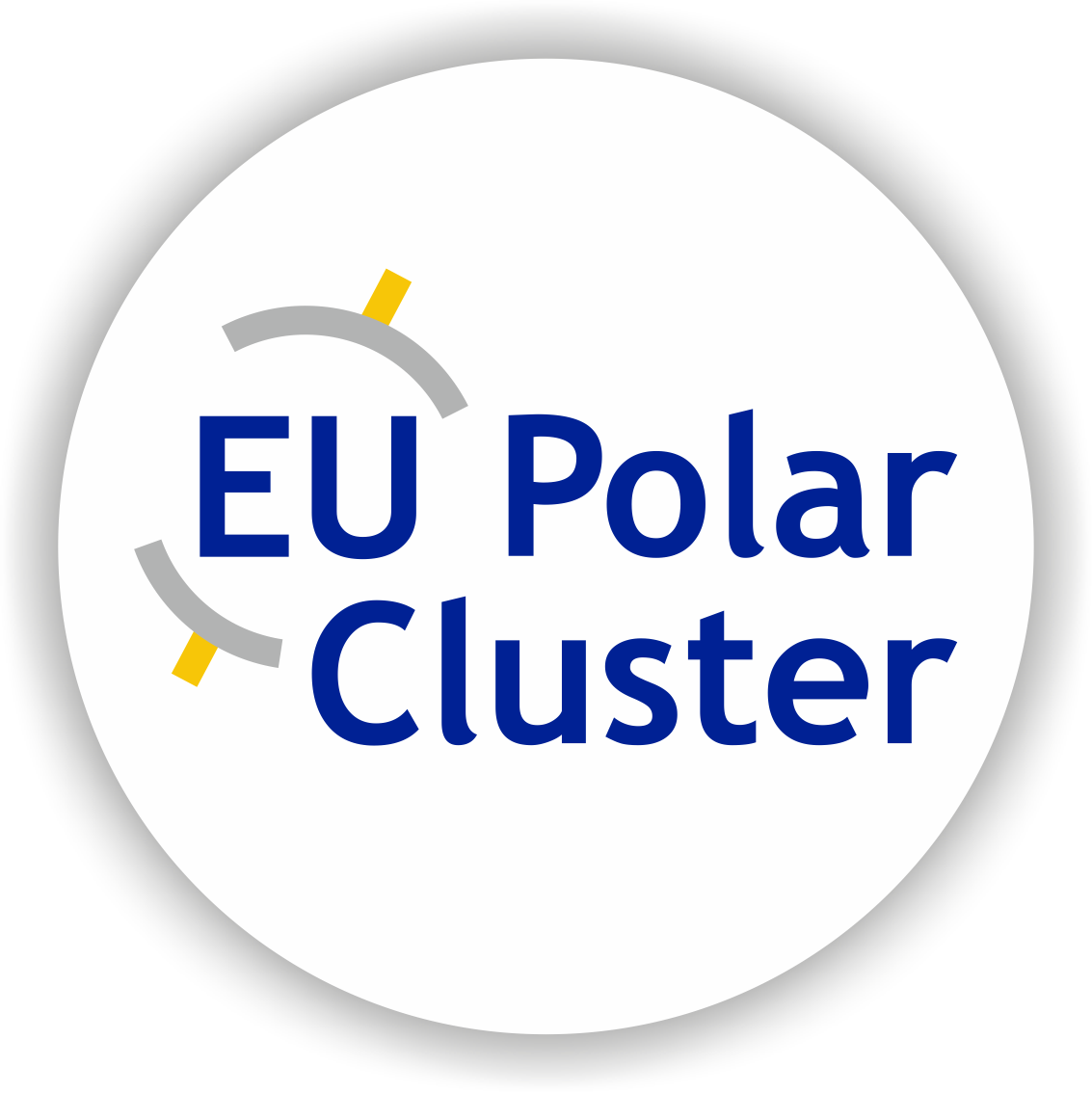Sara Moreno
Hello! My name is Sara Moreno, and I am a PhD student at the Barcelona Supercomputing Center. I studied Physics and later completed a master’s in Meteorology, which led me to specialize in the technical side of climate services.
I work with climate model data, turning complex numbers and simulations into information that people can actually understand and use. I focus on making sure that predictions and indicators derived from climate models are reliable, clear, and meaningful. This means taking raw data that is often overwhelming and full of details, processing it carefully, and creating outputs that can support decisions in everyday life or planning for future climate conditions.
In ICEBERG, my role is all about the technical work behind the scenes. I take the general outputs from climate models and transform them into indicators tailored to the needs of Arctic communities. I handle the calculations, the programming, and the data processing, making sure everything works smoothly and the results are accurate.






